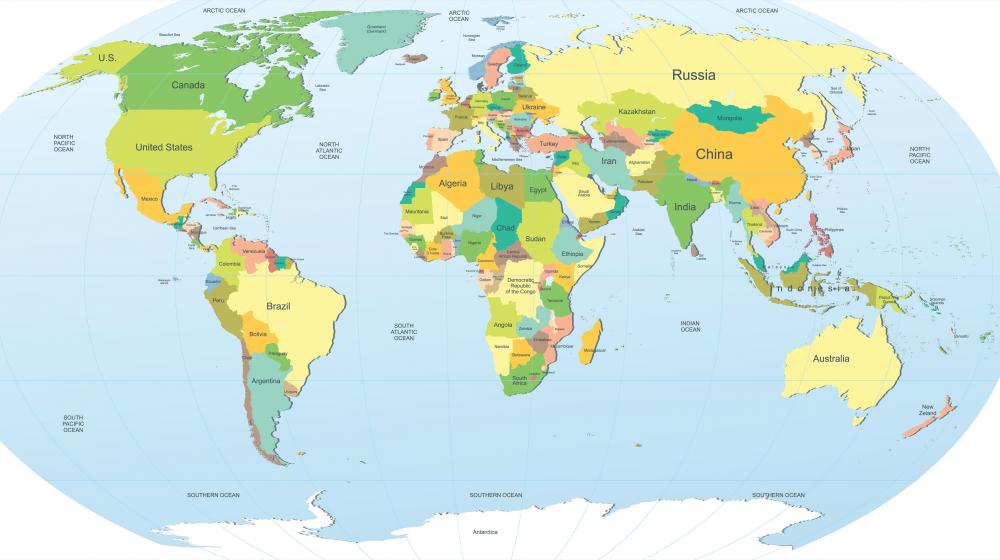At WiseGEEK, we're committed to delivering accurate, trustworthy information. Our expert-authored content is rigorously fact-checked and sourced from credible authorities. Discover how we uphold the highest standards in providing you with reliable knowledge.
What is World Citizenship?
World citizenship is the concept that all human beings are born citizens of the world, rather than merely citizens of a particular nation. Proponents of the idea of world citizenship believe that the concept of national citizenship is no longer valid now that technology and commerce have united the world into a global community. Advocates of this concept point out that advances in technology can now permit open communications between all persons inhabiting the world, as well as free travel between all nations of the world. Proponents of world citizenship believe that modern people have a duty to see themselves as part of a singular, diverse human culture, and that all nations should recognize and promote human rights for all peoples, including the right to travel and reside freely throughout the world. Organizations such as the World Government of World Citizens typically espouse the unity and common rights of all people, and even go so far as to issue world passports to applicants.
The concept of world citizenship is believed to have originated with a man named Emery Reves, an American who renounced his United States citizenship in the years immediately following World War II. Reves declared himself a sovereign citizen because he had come to believe, during the course of his military service during the war, that all people are united in one human family and that nationalism contributes only to war and disunity. In The Ellsworth Declaration, which Reves delivered in Ellsworth, Maine, United States in September 1953, Reves points out that historical figures such as Socrates and Thomas Paine declared themselves to be members of a worldwide human community, and that the concept of world citizenship therefore dates back to antiquity. Since the mid-20th century, the concept of world citizenship, with its central idea that individuals have responsibilities to the global community, have become more widespread.

Proponents of world citizenship and global responsibility point out that, as technology makes global communication, travel, and commerce easier, the impacts of events around the globe are widened. Advocates point out that many global events, such as pollution, deforestation, war, and economic turmoil, now impact not just those people living in the local region, but all people, everywhere. In light of evidence suggesting that events in an isolated region of the globe can have far-reaching effects on people of the entire world, advocates of world citizenship feel that the time is right for individual humans to take responsibility for governing themselves and coping with world problems. Advocates of world citizenship believe that eliminating national boundaries in favor of a unified, diverse, and tolerant world government could be the path to peace among all nations and help humankind to solve the global problems that affect all of us.
AS FEATURED ON:
AS FEATURED ON:














Discussion Comments
OK What about the mentioning of garry davis, the first sovereign to form a World Citizen Government with a World Citizen Passport since 1945.
Post your comments